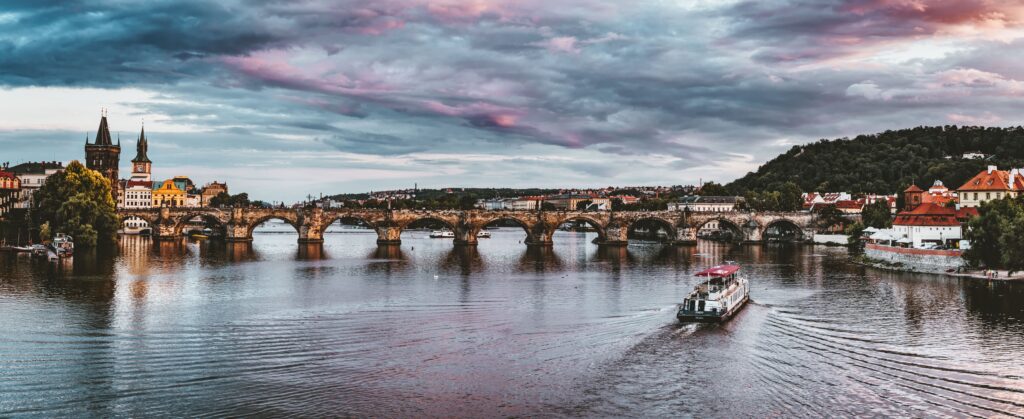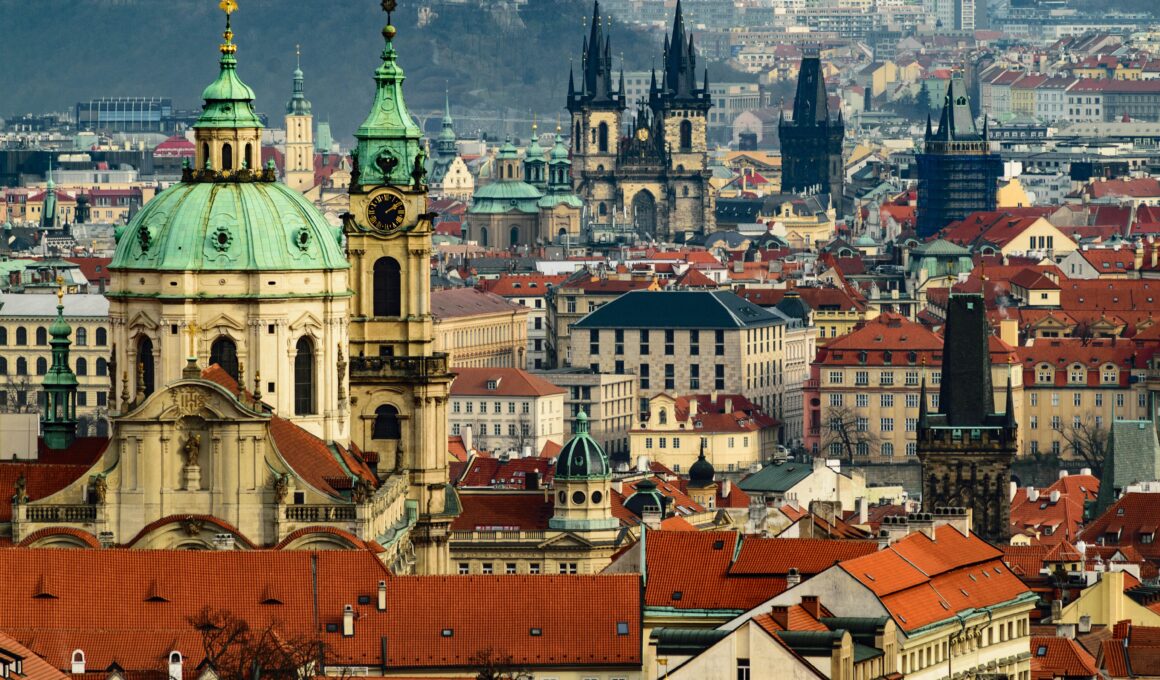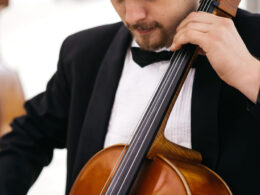Table of contents Show
“Prague” meaning has more significance than only its location. Those who take the time to stroll its cobblestone alleyways will find a rich tapestry of history, culture, and essence beneath the syllables and linguistic roots. One must travel through the city’s medieval alleyways and cultural landscapes to grasp the Prague meaning.
The name “Prague” comes from the Old Slavic word “Praha.” Subtle linguistic cues link it to the Old Czech word “práh,” which can be translated as “ford” or “rapid.” This language connection to the Vltava River emphasizes the city’s geographic role as a crossroads, a place where people and ideas circulate freely like the river under the famous Charles Bridge.
Prague’s meaning is more than simply a word; it’s an experience, a journey, and a profound part of living history, thanks to the linguistic, mythological, and historical layers of significance that surround it.
Unveiling the Enchanting Capital of Prague, Czech Republic
The capital city of Prague, known as the “City of a Hundred Spires,” is a European gem with a rich history, stunning architecture, and a vibrant cultural scene that captivates visitors who explore its cobbled streets and historic alleys.
Historical Tapestry
Prague’s history reads like a novel, with chapters highlighting kings, emperors, and revolutionaries. Prague Castle, the world’s biggest ancient castle complex, and the Old Town Square, where the Astronomical Clock keeps time, comprise a city with a rich history.
Bridging the Centuries
The Charles Bridge connects the Lesser Town to the Old Town with its Baroque statues, standing as an eternal link to the past. Modern explorers can walk across Prague’s Vltava River arches, which witness its past.
Architectural Wonders
Prague’s skyline combines Gothic, Baroque, and Romanesque styles. Golden Lane’s colorful façade and St. Vitus Cathedral’s Gothic beauty demonstrate the city’s architectural skill. The Dancing House’s modern whimsy modernizes the scene.
The Story Behind the Name and Meaning of Prague

Prague’s meaning has mythical and legendary resonances beyond its ancient origins. Princess Libue, the city’s mythical visionary founder, is the focus of one such legend. She beheld the future majesty of Prague from the vantage point of the Vltava cliffs and said, “I see a great city whose glory will touch the stars.” This foresight into the future imbues Prague’s very designation with a mystical air, raising the city to a heavenly level.
Where Is Prague? Unraveling Its Location
Where is Prague? The city of Prague is located right in the middle of Europe. The city may be found at a latitude of about 50.0755 degrees north and a longitude of about 14.4378 degrees east. Located along the Vltava River, which runs right through the heart of Prague and is an integral part of the city’s beautiful scenery.
If you know where Prague is on the map, you are aware that it is completely surrounded by land. Germany to the west, Austria to the south, Slovakia to the east, and Poland to the northeast are its neighboring countries.
Discovering Prague’s Resident Population
The metro region of Prague had 2,709,418 residents as of January 2022, while Prague’s population had 1,275,406. The majority of the people of Prague are of Czech descent. Minority groups of Roma and Slovaks live in and around the downtown area. In addition, many foreigners have made Prague their permanent home by working there.
Can You Master the Pronunciation of Prague’s Name?
Certainly! The word “Prague” is relatively simple to pronounce. It is often pronounced “prahg” (rhyming with “vague” in English). The first syllable’s “a” is pronounced with the short vowel sound found in words like “cat” or “bat.”
The original Prague pronunciation is more akin to “Praha.” The letter “r” is rolled, while the letter “h” is softer, similar to the “ch” sound in the Scottish word “loch.”
So, the English pronunciation is more simplified, but if you want to sound more like the Czechs, say “Praha” with the rolling “r” and the softer “h.”





